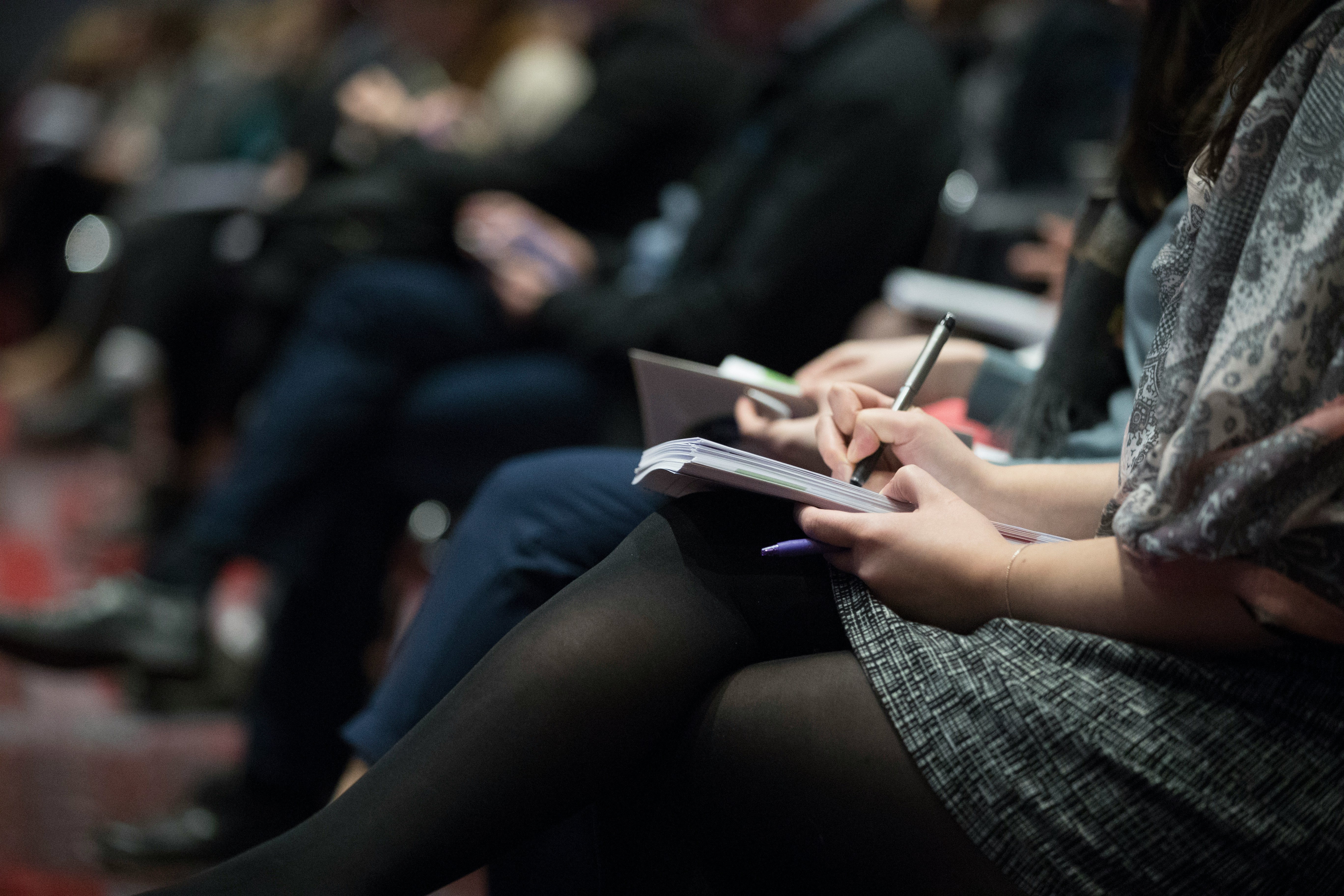
Harnessing Workshops to Combat Deforestation
Jan 12, 2024
Deforestation remains one of the most pressing environmental challenges of our time, threatening biodiversity, exacerbating climate change, and jeopardizing the livelihoods of millions of people worldwide. In the fight against deforestation, innovative solutions are essential. One such solution gaining traction is the utilization of workshops. These collaborative spaces bring together stakeholders from various sectors to brainstorm, strategize, and implement initiatives aimed at preserving and restoring our forests. Let's explore how workshops are playing a pivotal role in the battle against deforestation.
Knowledge Sharing and Awareness:
Workshops serve as platforms for knowledge exchange and awareness building. By bringing together experts, policymakers, local communities, and environmental advocates, workshops facilitate discussions on the causes and consequences of deforestation. Participants share insights, research findings, and best practices, fostering a deeper understanding of the issue at hand. Moreover, workshops raise public awareness by educating attendees and encouraging them to become agents of change within their communities.
Policy Development and Implementation
Effective policies are instrumental in combating deforestation. Workshops provide a forum for policymakers to collaborate with scientists, conservationists, and indigenous leaders to develop comprehensive strategies and policies. These workshops enable stakeholders to identify legislative gaps, propose innovative solutions, and advocate for stronger enforcement of existing regulations. Furthermore, workshops facilitate the dissemination of successful policy frameworks, empowering governments at all levels to adopt and implement sustainable practices.
Capacity Building and Skill Development
Building local capacity is vital for sustainable forest management. Workshops offer training sessions and skill-building exercises aimed at equipping stakeholders with the tools and knowledge needed to address deforestation effectively. From sustainable land use planning to agroforestry techniques, workshops provide practical training that empowers individuals and communities to engage in conservation efforts. By fostering a culture of learning and collaboration, workshops cultivate a network of skilled professionals capable of driving positive change in forest management practices.
Community Engagement and Empowerment
Local communities are at the forefront of the fight against deforestation. Workshops empower these communities by providing them with a platform to voice their concerns, share traditional knowledge, and actively participate in decision-making processes. By involving indigenous peoples and forest-dependent communities in workshops, stakeholders can develop more inclusive and equitable conservation initiatives that respect cultural heritage and traditional land rights. Moreover, workshops facilitate partnerships between communities, NGOs, and government agencies, strengthening collective efforts to protect forests and promote sustainable development.
Innovation and Technology
Harnessing innovation and technology is crucial for effective forest conservation. Workshops serve as incubators for innovative ideas and technological solutions aimed at monitoring, mitigating, and preventing deforestation. From satellite imagery and remote sensing technologies to blockchain-based supply chain tracking systems, workshops foster collaboration between tech experts, conservationists, and policymakers to develop cutting-edge tools for forest management and monitoring. By embracing innovation, workshops enable stakeholders to stay ahead of emerging threats and adapt to changing environmental conditions.
Conclusion
Workshops are powerful catalysts for change in the fight against deforestation. By fostering collaboration, knowledge sharing, and innovation, workshops bring together diverse stakeholders to develop holistic solutions that address the complex challenges of forest conservation. From policy development and capacity building to community engagement and technology adoption, workshops play a vital role in promoting sustainable forest management practices worldwide. As we strive to safeguard our forests for future generations, let us continue to harness the collective power of workshops to drive positive environmental impact and create a more sustainable future for all.
Related articles


